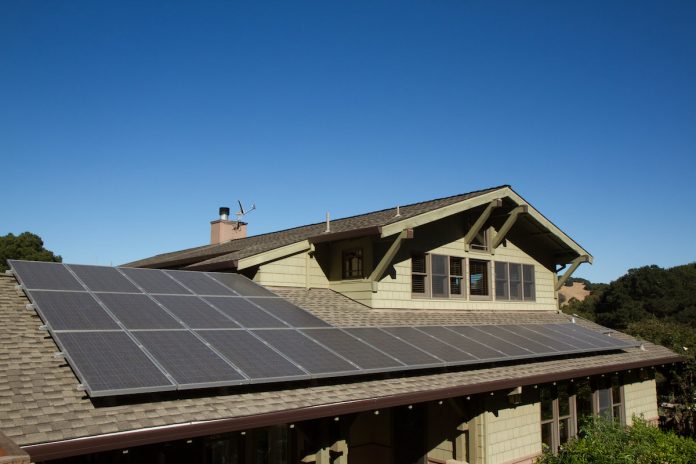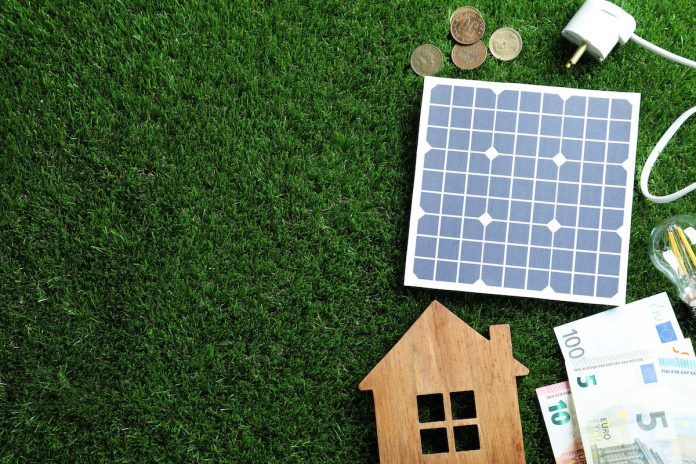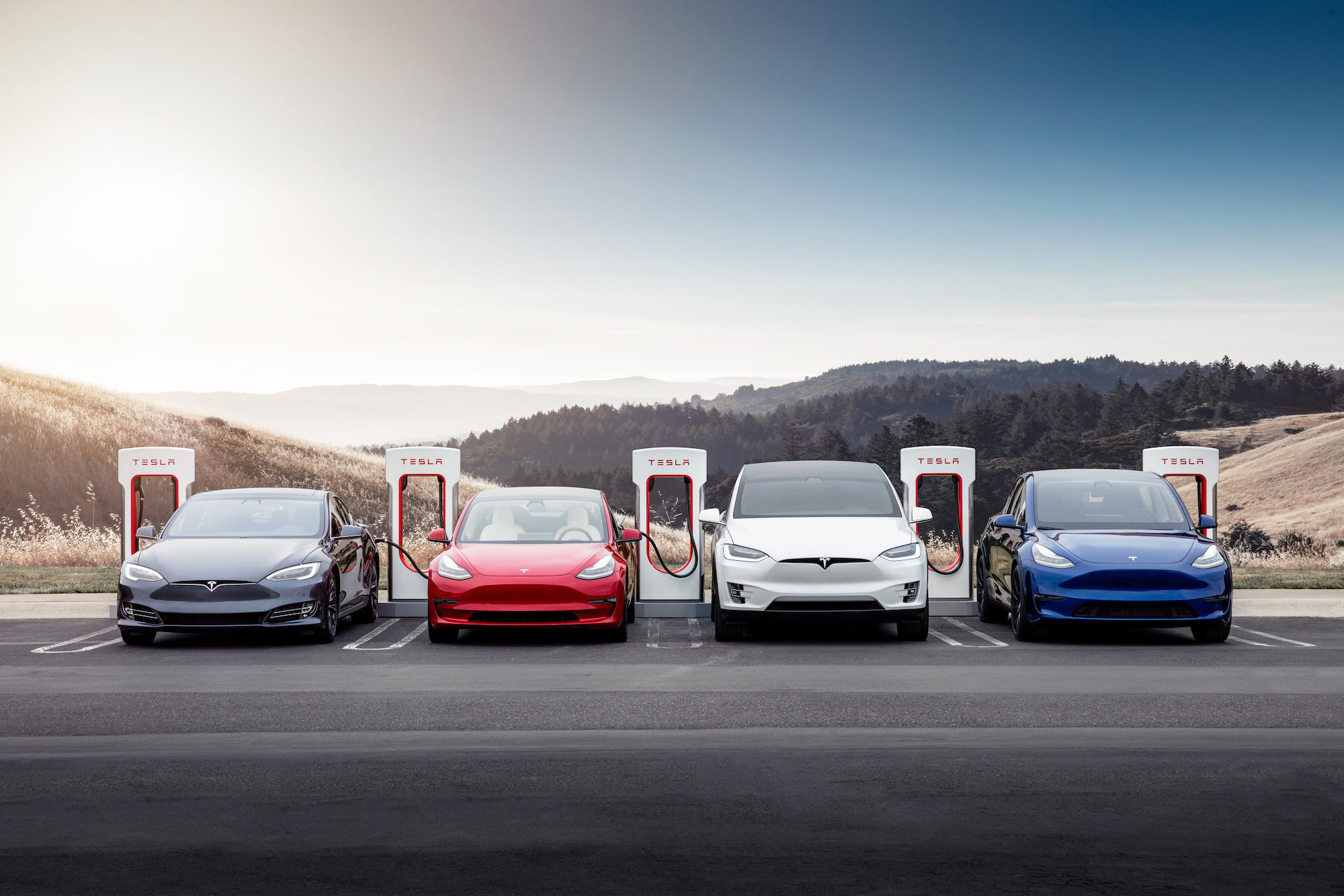How To Choose The Best Solar Panel For Your Home
Homeowners may use solar panels to generate sustainable energy. However, some panels might be considered more suitable than others. Before investing in solar panels, consider all of your options and make the right decision when coosing the best solar panel for your home.
Choosing The Best Solar Panel for Your Home
Picking suitable solar panels for residential use is critical in developing a long-lasting and cost-effective solar energy system. However, since solar panel installation is a long-term investment, many things to consider before getting one.
Here’s a guide to help you pick the best solar panel for your home.
Determine Your Budget When looking at solar panels, you should think about your budget. One of the most essential considerations in solar panel selection is the price. The value of a solar panel is influenced by many factors, including wattage, physical size, manufacturer, material quality, and longevity.
While cost should be a consideration, it shouldn’t always be the only one. After all, the cheapest panel may not be your most significant bet long-term. And, since solar panels are a lifetime investment, it’s essential to have a high-quality system than go with the cheapest choice.
1. Assess Your Energy Requirements
You should evaluate your energy demands and choose the panel that is most appropriate for them. This implies that you shouldn’t underestimate your requirements, but you shouldn’t overestimate either.
Solar panel efficiency refers to the amount of sunlight converted to electricity by the panel. Therefore, the power your system generates—the greater the efficiency, the better supply of energy, and the more costly it is. However, purchasing the most efficient panel isn’t necessarily the greatest option.
2. Measure Your Allotted Space For The Panel
Physical size and wattage are the two aspects that must be accurate. You should ensure that the solar panels you purchase are large enough to generate the amount of energy you need. You also have to make sure that you have the necessary space to install it.
The actual dimensions of the panel may vary based on the system’s energy capacity and the kind of solar cells utilized to produce it. The wattage of the panels is the most critical parameter to get right. Underestimating the wattage would result in insufficient energy generation, while overestimating will result in overspending.
 3. Research About The Types Of Solar Cells Used
3. Research About The Types Of Solar Cells Used
Solar panels come in a variety of shapes and sizes, each with a distinct level of efficiency. In addition, solar panels are classified as either monocrystalline or polycrystalline. Whichever one you go with will affect the overall appearance, cost, amount of energy produced, and amount of space your device takes up.
These two types of solar cells are identical in function. They both convert sunlight into usable energy. But there are some essential distinctions between the two that you should be aware of before finalizing your decision.
Monocrystalline panels have a darker color tint. In addition, these are usually more efficient than polycrystalline panels. With more efficient panels, you can generate more energy with fewer panels, which means your entire system will require less space. However, despite their benefits, monocrystalline panels are usually the more costly choice.
Polycrystalline panels come with a bluer tint. They are generally less efficient than monocrystalline panels. This means that a few more panels would be required to produce the same amount of energy. Despite the extra panels you’ll need, they’re usually the less expensive choice.
4. Ask About The Warranty
A strong manufacturer’s warranty is an essential indicator of panel quality. Most high solar panels often come with a 25-year warranty. These kinds of panels may continue to operate even after the warranty period has expired.
Investing in solar panels built to last is critical to the solar power system’s long-term performance. Additionally, choosing panels that come with a thorough warranty helps ensure its effectiveness.
Most companies provide two types of warranties: efficiency and product warranties. The efficiency warranty ensures that the panel will generate a set percentage of electricity, notwithstanding deterioration throughout the warranty term. The product warranty covers your panels against defects in material or manufacturing.
If the company doesn’t provide a lengthy warranty term, you may assume that their product is subpar. In this instance, be cautious not to be swayed by an enticing price, as you may regret it later.
Conclusion
Are you ready to take control of your energy consumption and save money on your electricity bills? Look no further than home solar installation in North Carolina! With this incredible technology, you can harness the power of the sun to generate clean and sustainable energy right at home. Imagine never having to worry about rising electricity costs or dependence on fossil fuels again. Home solar installation is a game-changer, allowing you to reduce your carbon footprint while enjoying the benefits of renewable energy. Say goodbye to traditional electricity grids and hello to a brighter, greener future with home solar installation in North Carolina!
Which solar panels are best? Unfortunately, there isn’t a simple answer to that question. This depends on several things, including your budget, how much energy you want to produce, and the space you have.
Choosing the best may be daunting due to the number of choices available. Substantial knowledge is required to find the most cost-effective balance of panel size and efficiency while ensuring they are of excellent quality and come with comprehensive warranties.




 3. Research About The Types Of Solar Cells Used
3. Research About The Types Of Solar Cells Used 

